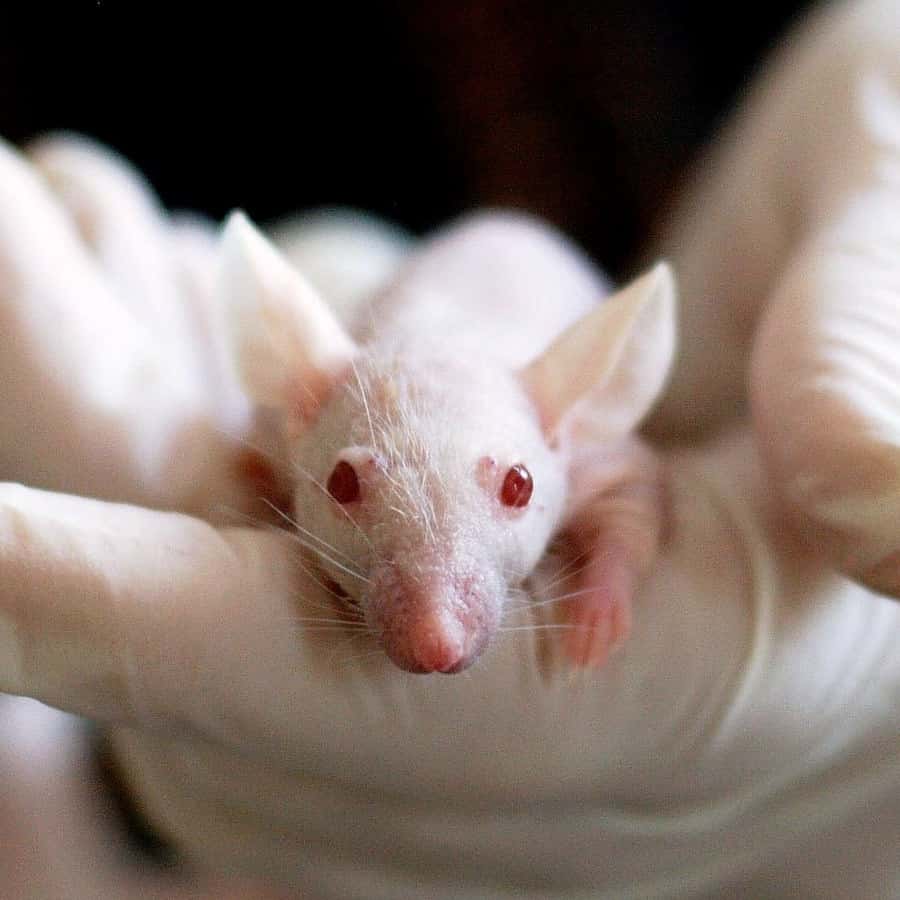
Are you exposed to triclosan? Nearly a decade ago, the FDA told manufacturers they’d need to take it out of antibacterial soaps, where it was a common ingredient. Some people liked the idea of avoiding infections with germ killing soap.
However, according to the agency,
“there is currently no evidence that they are any more effective at preventing illness than washing with plain soap and water.”
What Is the Problem with Triclosan?
In 2013, experts worried that triclosan was a suspected hormone disruptor. In addition, some scientists are concerned that bacteria may be developing resistance to this and similar compounds. Previous studies suggested that triclosan may contribute to allergies and have a negative effect on muscle.
Triclosan Disrupts Intestinal Microbiota:
Although soap makers were supposed to remove it from their products, hand sanitizers, shampoo, shaving gels and toothpaste still contain triclosan. An international team of researchers has discovered that this common germ-fighting compound can disrupt the gut microbiome (Nature Communications, Jan. 10, 2022).
The scientists found that gut bacteria produce enzymes that activate this compound. The resulting chemicals can trigger damage to the lining of the colon and cause colitis.
Fortunately, they were able to keep the experimental mice from developing colitis. They accomplished this by blocking bacterial enzymes and thus preventing the bacteria from processing triclosan.
Gut Microbes and Liver Injury:
This is not the only study showing that the antibacterial compound can harm the digestive tract by disrupting the gut microbiota. In other research, scientists fed it to mice for four weeks (Journal of Hazardous Materials, Jan. 5, 2022). Those eating chow laced with triclosan had dramatically disturbed intestinal microbes compared to those getting standard chow. As a result, the team noted intestinal permeability as well as liver inflammation and injury. In case you are wondering, “intestinal permeability” is the scientific term for a condition ordinary people call “leaky gut.”
What Should You Do About Triclosan?
Since humans, like mice, absorb this compound from the gastrointestinal tract, we should limit our exposure as much as possible. That could mean skipping products with antibacterial claims, especially if we will put them in our mouths.
Citations
- Zhang J et al, "Microbial enzymes induce colitis by reactivating triclosan in the mouse gastrointestinal tract." Nature Communications, Jan. 10, 2022. DOI: 10.1038/s41467-021-27762-y
- Zhang P et al, "Gut microbiota exaggerates triclosan-induced liver injury via gut-liver axis." Journal of Hazardous Materials, Jan. 5, 2022. DOI: 10.1016/j.jhazmat.2021.126707

